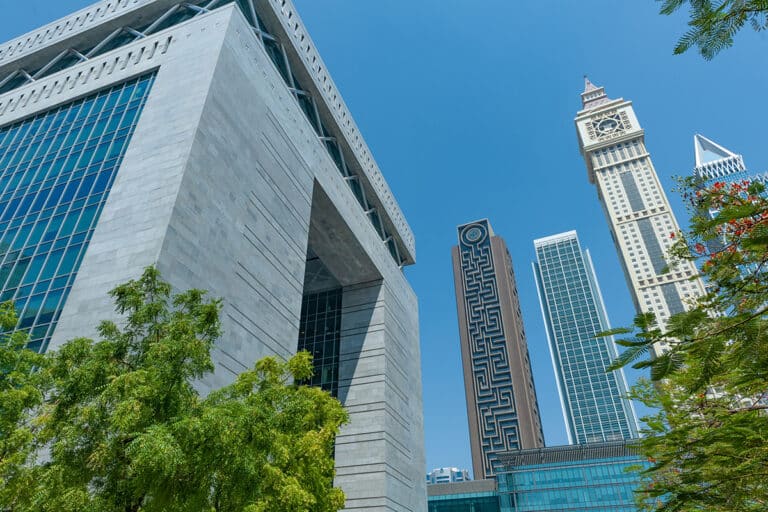Dubai’s booming economy and surge in the influx of new businesses are driving a severe shortage of high-quality office space, forcing companies to rethink their location strategies, industry players said.
The surge in demand is outpacing supply, particularly in prime districts such as Downtown Dubai and the Dubai International Financial Centre (DIFC), prompting a wave of office relocations to emerging areas like Expo City.
The spike in demand is also pushing office rental prices to record highs in central areas, forcing companies to seriously evaluate relocation options, market insiders said.
The current office space crunch is said to be largely driven by a combination of rapid business growth and the city’s ambition to position itself as a global commercial hub.
This is despite ongoing construction projects aimed at expanding the office inventory, industry players said.
“As new businesses flock to Dubai, the lack of premium office space has become a critical challenge,” Sankey Prasad, CMD – Colliers India & Middle East, told Arabian Business.
“Companies are now increasingly looking to secure office buildings during the construction phase, fearing they might miss out on rare opportunities to establish a presence in prestigious areas,” he said.
Prasad said this pre-emptive approach highlights the fierce competition among businesses to secure limited space.
Farooq Syed, CEO of Springfield Properties, said Dubai’s office market remains under sustained demand pressure, driven by corporate expansion, regional relocations, and a strong pipeline of new business registrations.
“Despite the addition of approximately 740,000 sqft of new office space in 2024, demand continues to outpace available supply, particularly in free zone and prime commercial locations,” Syed told Arabian Business.

As of February 2025, active business licenses in Dubai are estimated to have reached approximately 122,220, marking an annual increase of 26 per cent, reinforcing the city’s position as a leading global business hub.
Office spaces repurposed rapidly
Prasad said investors and developers are keenly aware of this dynamic, with some opting to repurpose residential or retail spaces into office units to meet the soaring demand.
“In the long term, the challenge for Dubai will be to maintain a balanced pipeline of new developments, while catering to the evolving needs of global and local businesses seeking to establish or expand their footprint in the city,” he said.
Industry players said businesses are now increasingly looking at office relocations to emerging areas outside of prime city areas.
Expo City, which emerged as a major hub during Expo 2020, is rapidly transforming into a sought-after business district, attracting companies priced out of central locations, they said.
The Colliers India & Middle East chief executive said the area’s modern infrastructure, strategic connectivity, and long-term development vision make it a viable alternative to the saturated core districts.
Dubai office space crunch
Sector experts said occupancy levels across Grade A office stock in Dubai remain tight, with DIFC reporting near 100 per cent occupancy as of Q4 2024.
Citywide occupancy rates have also reached about 92 per cent, underscoring the growing shortage of premium office space, they said.
Syed said besides Expo City, Dubai Production City and MBR City are also experiencing increased interest from businesses of late, with occupiers drawn by state-of-the-art facilities, strong connectivity, and competitive rental structures.
“The market’s supply-demand imbalance is reflected in the 22 per cent year-on-year increase in office rents in 2024, with further rental growth expected throughout 2025,” he said.
The Springfield Properties’ chief executive said over the next three years, Dubai’s office market is set to expand significantly, with several large-scale developments expected to bring much-needed supply to the market.
“While this will ease some pressure in the long term, the near-term outlook suggests that availability in core business districts will remain constrained, sustaining upward rental momentum,” he said.
“This presents a strategic opportunity for investors and developers to deliver high-quality, well-located commercial assets that cater to shifting occupier requirements and evolving corporate expansion strategies,” Syed said.
Sector experts said as Dubai continues to position itself as a leading global business and financial hub, ensuring that new supply aligns with sustained occupier demand will be critical in supporting long-term market stability and competitiveness.





